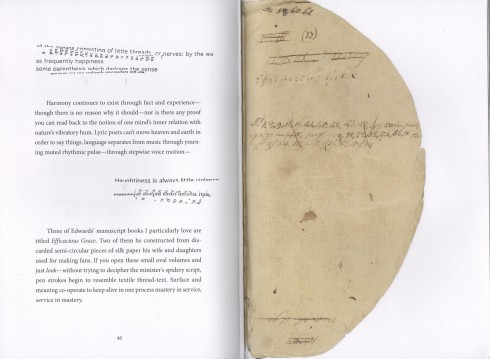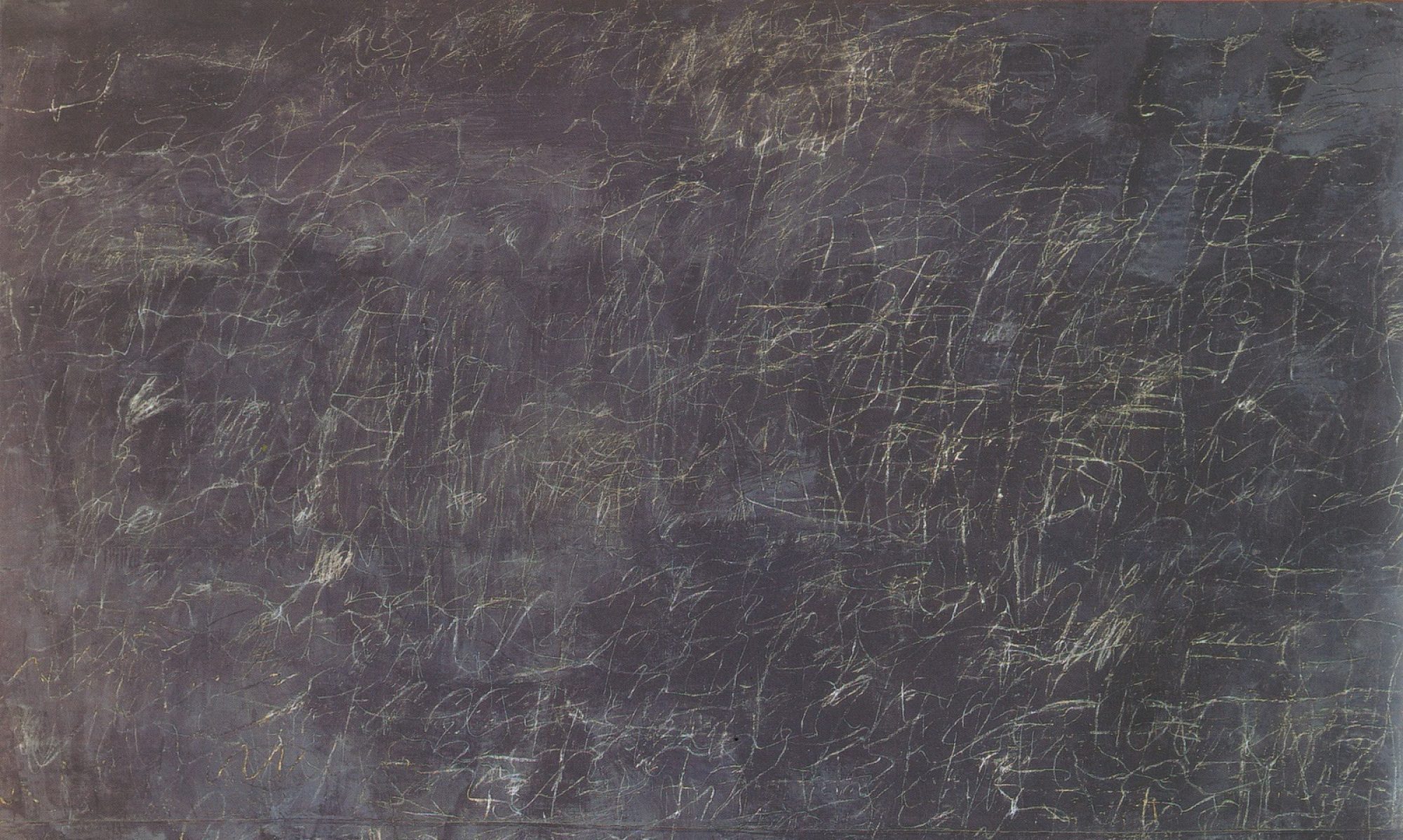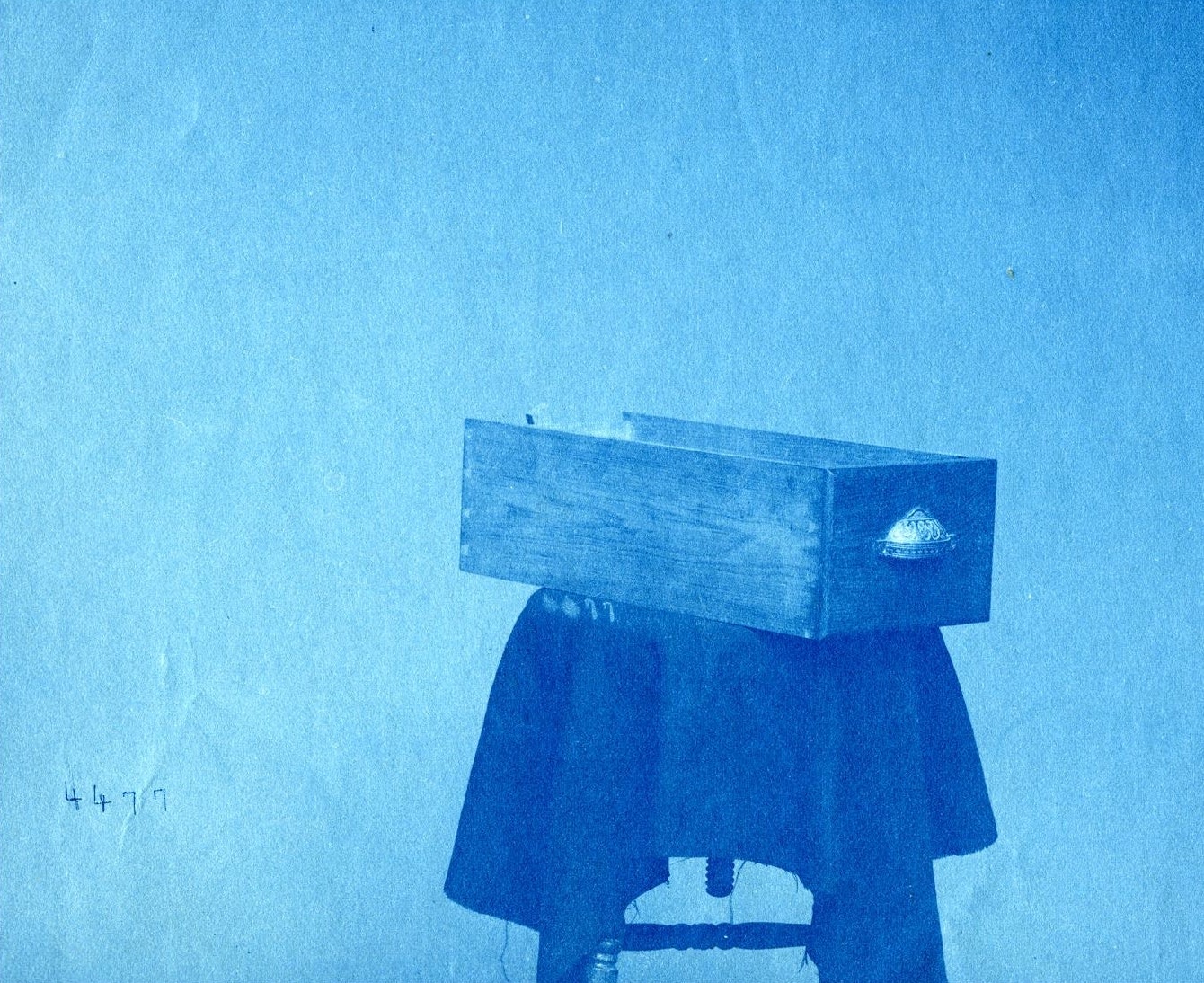I had my very first MLA experience in Seattle in 2011, nearly a decade ago. I wasn’t on the market, I wasn’t presenting, I really didn’t have any urgent reason to be there. So, as a cash-strapped grad student, I neglected to pay the registration fee. I recall feeling very much on the outside of the profession as I hovered around the margins of the conference. Everything about it awed and frightened me, from the nervous energy of job seekers to the guards checking badges. Entry there felt impossible. And not only because I couldn’t show a badge I didn’t have. Even then, amidst the gloom of recent economic catastrophes, the job market for literature presented staggering odds. Nearing the end of the decade now, it looks like the stock markets have recovered while the MLA-based job market has continued to contract to the point of near extinction.
Anyone attending the MLA convention will already have suffered some exposure to the professional despair of declining jobs, declining majors, declining academic support of all sorts. I rehearse the glum circumstances here as a personal reflection. When I return to Seattle for MLA 2020, I will participate as a dues paying member on the tenure track, in attendance to present new research. By the metrics I assumed as a graduate student outside looking in, I’ve made it. Yet now I can’t help but ask, made it to what? Is this the same profession I set out to join? Does it enable the same intellectual projects and exchanges that I admired so much as a young person? Of course the news ain’t all bad. Looking at the program, I remain as excited as ever by the ideas on offer. And I’m thrilled to be on a roundtable with such impressive folks (see below). It’s just hard not to wonder what will become of a generation of young scholars who won’t have full academic employment as a condition of possibility for their work.

Visiting Seattle always reminds me that intellectuals do not suffer degraded working conditions alone. The prevailing winds of capitalism have blown away what little cover we had managed to protect, through relative privilege, from market logics. As our partial autonomy recedes, we can see more clearly how all workers suffer increasingly brutal labor markets and income disparities. The northwest hub of tech industries makes those disparities crystal clear in much the same way that MLA crystallizes prestige differentials among academics. With so many resources arrayed in one place, there’s no mistaking who has access to what or who answers to whom. Amazon, Microsoft, and Boeing all make their homes in Seattle, which is one reason for the city’s housing crisis. What world is this that concentrates jobs in places too expensive to inhabit while desolating the economies of smaller, more affordable areas?
The same world that refuses to make even moderate investments toward averting climate change catastrophes. The same world that slashes investment in educational institutions trying to solve some of our most challenging problems. The same world that makes it possible to endlessly enumerate truly daunting crises and irrevocable losses. Suffice it to say, it’s a bleak world. Come January 9th, that bleakness will be overlaid with enthusiasm for novel arguments, promising research projects, energetic exchanges, edifying pedagogical lessons, good food, intoxicating drink, and excellent company. I’ll cheer up enough to be good company, I swear. Have a drink with me! Let’s figure out what new obligations we share in a profession pivoting from decline to desolation.
And if you’re free, come to this roundtable. It’s going to be good. I’m including my abstract below the details.
Contemporary Poetry and the Archive
Friday, 10 January 5:15 PM-6:30 PM, Issaquah (Sheraton)
What are the methods, stakes, and effects of recent poetic engagements with the archive? How has poetry itself advanced archival theories?
Presiding: Chad Bennett (U of Texas, Austin)
Speakers: Jayme Collins (Northwestern U), Rebecca Hamilton (Rensselaer Polytechnic Inst.), Ryan Sharp (Baylor U), David Squires (U of Louisiana, Lafayette), Alexander Streim (Johns Hopkins U, MD), Heather Vermeulen (Wesleyan U).

Signs of Intimacy: Susan Howe and the Telepathic Archive
David Squires, University of Louisiana at Lafayette
The archive appears in theory as the seat of authority for historical, legal, and political regimes. At least since Michel Foucault defined the archive in The Archeology of Knowledge as “the law of what can be said,” disciplines across the humanities have treated it as a system of intelligibility which excludes the marginal, the unfamiliar, the illegible. In that sense, we can regard poetics as the frontline of struggle over cultural authority because, as critics such as Marjorie Perloff and Charles Bernstein have argued, the avant-garde of poetry has worked hard to break the law of what can be said. Perloff explains that work as a form of resistance to archival and poetic norms in Unoriginal Genius by showing how recent conceptual poets use “citational or documentary prose, drawn from a variety of source texts…to defamiliarize poetic material.”
Yet one of her primary examples, Susan Howe, describes a far less agonistic way to engage with archives. Rather than understanding Howe’s work with archival materials as aggressive defamiliarization, this paper elaborates a strain in Howe’s work that figures her experience in terms of intimacy. As she puts it at the end of her poetic essay, Spontaneous Particulars: The Telepathy of the Archive, “The inward ardor I feel working in research libraries is intuitive. It’s a sense of self-identification and trust.” The telepathic archive enables a kind of meaning that relies less on the conventions of citational authority and more on an encounter with material traces of history. Instead of authority, exclusion, and systematization, Howe describes an experience of the archive as passionate, intuitive, and intimate. To better understand that experience, this paper proposes a reading of Howe’s archival engagements that takes seriously her sense of material relation as telepathic transmission.

